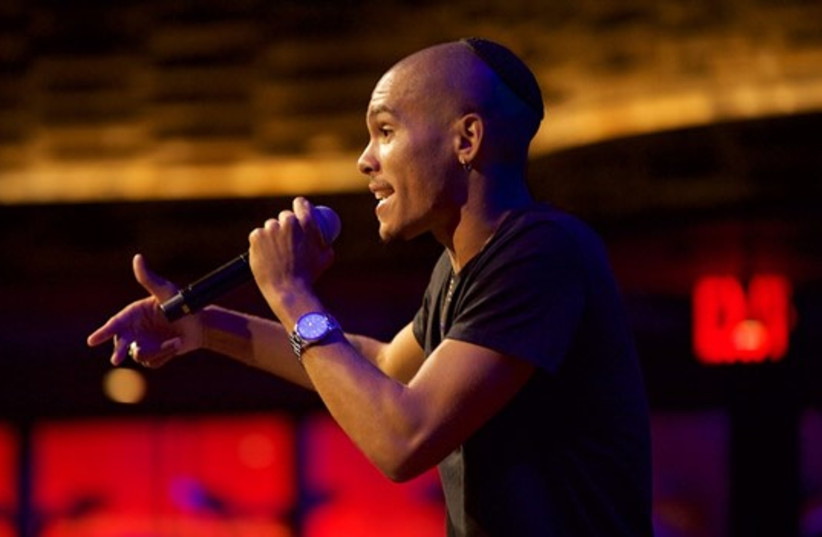“Growin’ up the way I did, parents really shaped a kid, Prepared me for the worst still held expectations, The hatred I was faced with, Not allowed to take up space, as a reason for me not to reach the greatness, That I was destined to, and when they preventing you, you work twice hard ‘cuz you can’t just let it get to you…”
Jura, who was born in Zimbabwe and grew up in Johannesburg, was surprised to encounter Afrophobia (a strong anti-African sentiment against nationals coming into South Africa from neighboring countries) as a youth. He experienced exclusion and bullying. However, like Shufutinsky, he is determined not to let hatred define who he is but rather rise above it. In his words:
They also hope to set a new trend of Black-Jewish cooperation. For both artists, working together was an opportunity to reconnect with their own personal stories, as well as their deeper roots. Jura’s musical journey started in a Jewish household. A friend with whom he often hung out had a recording studio, where the two would make music. Except one Saturday, when he arrived expecting to play and was told that they would not be able to, as it was Shabbat. Jura was interested to know more about his friend’s culture and religion. And, until he worked with Shufutinsky, he hadn’t known there even were Black Jews.
For Shufutinsky, being in Africa for the first time and collaborating with a South African Zimbabwean was also of deep personal significance. Hip-hop, the music in which he expresses himself, comes out of the African American community. To be in Africa and to work with a local artist was thus deeply meaningful. It reinforced the global connections of the Black diaspora around the world. And these connections are essential to break down stereotypes and barriers.
Hip-hop is the language of youth (in the US, it has overtaken rock in popularity). As rappers, the two artists hope to be role models. Their message of defining oneself rather than allowing one to be defined by others, is a powerful one. Both believe that racism is not spoken about enough. They hope their collaboration will provide a case study of how music can bring people together, breaking down barriers and misconceptions about identity and allowing them to talk about difficult topics.
Here is a link to the video: https://youtu.be/zgr5Zlrdn_0 ■ The writer is head of communications at the South African Jewish Board of Deputies.








